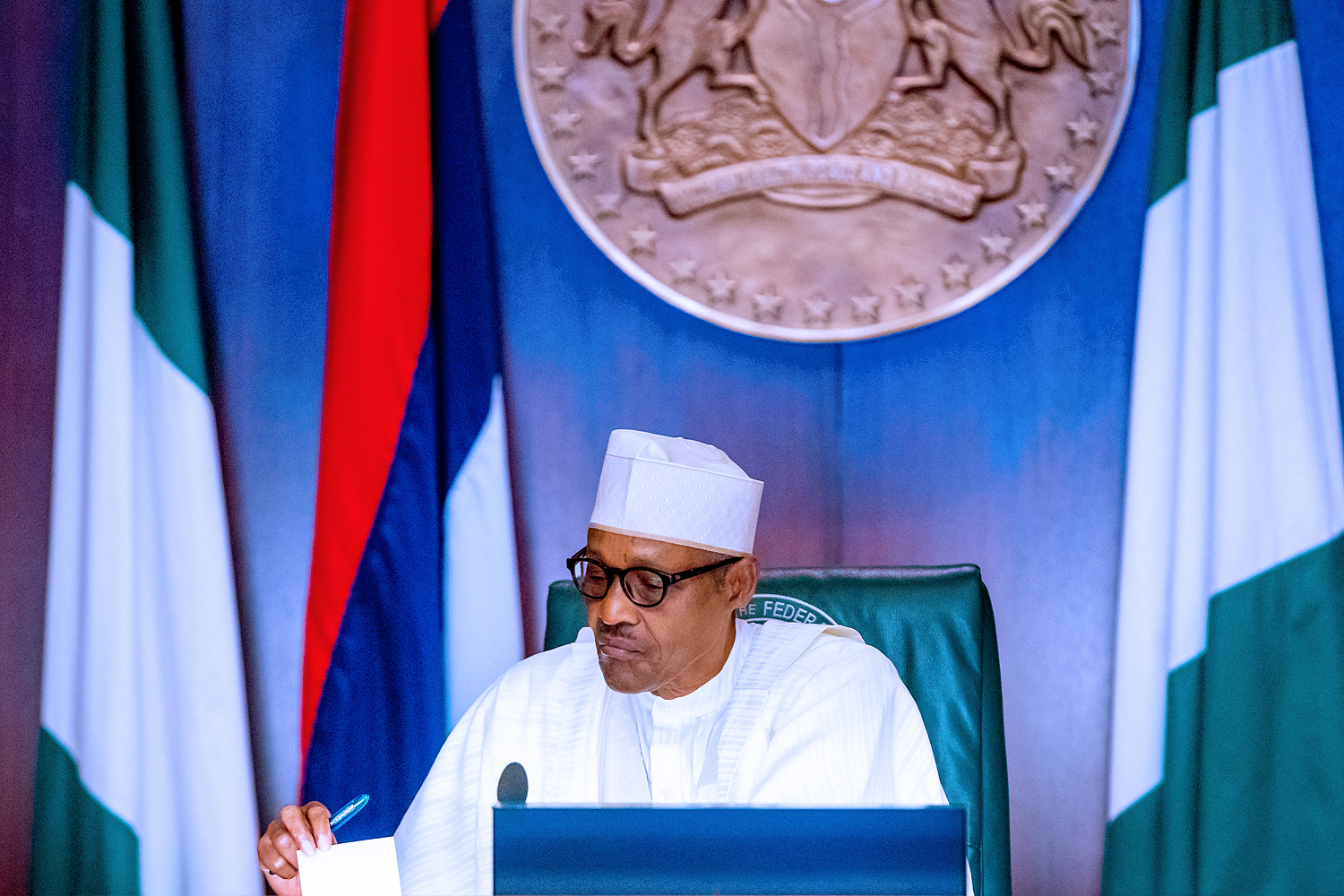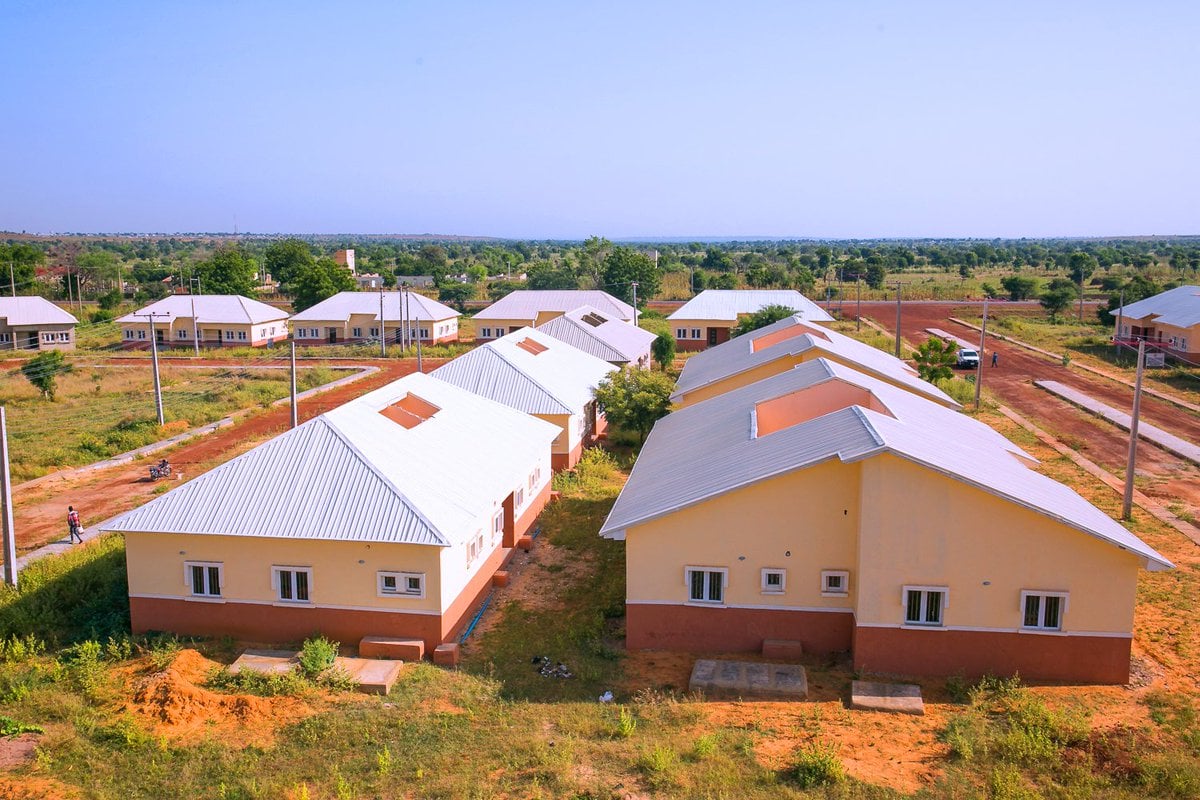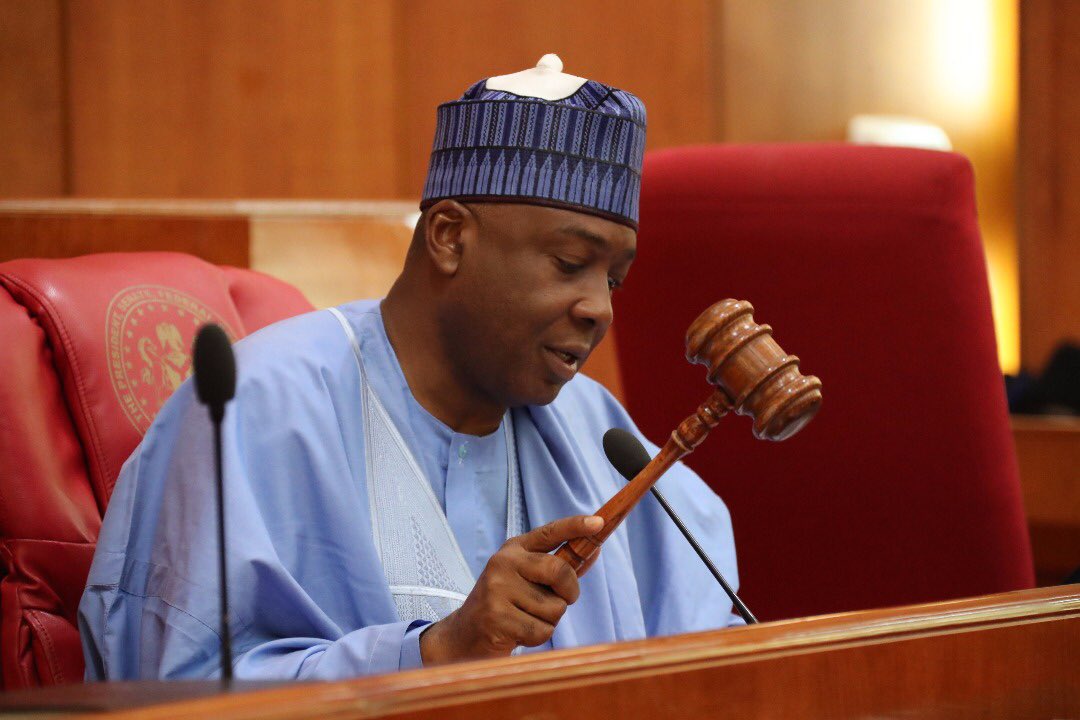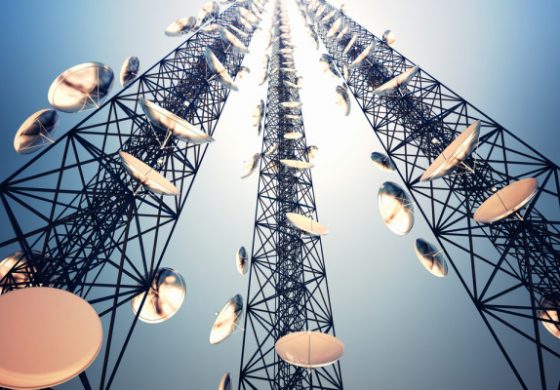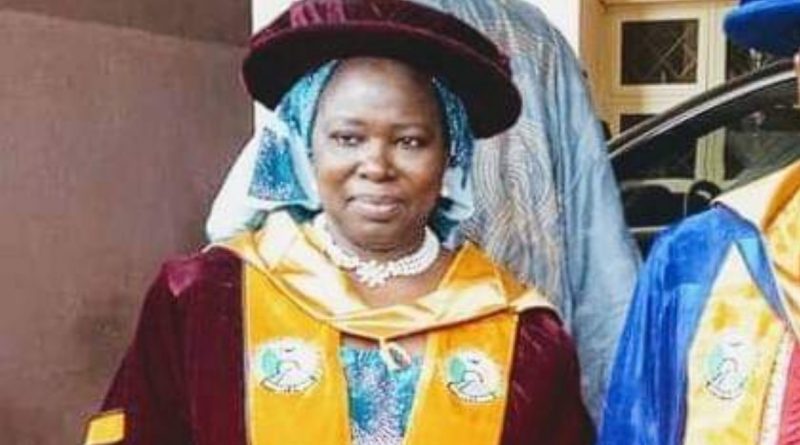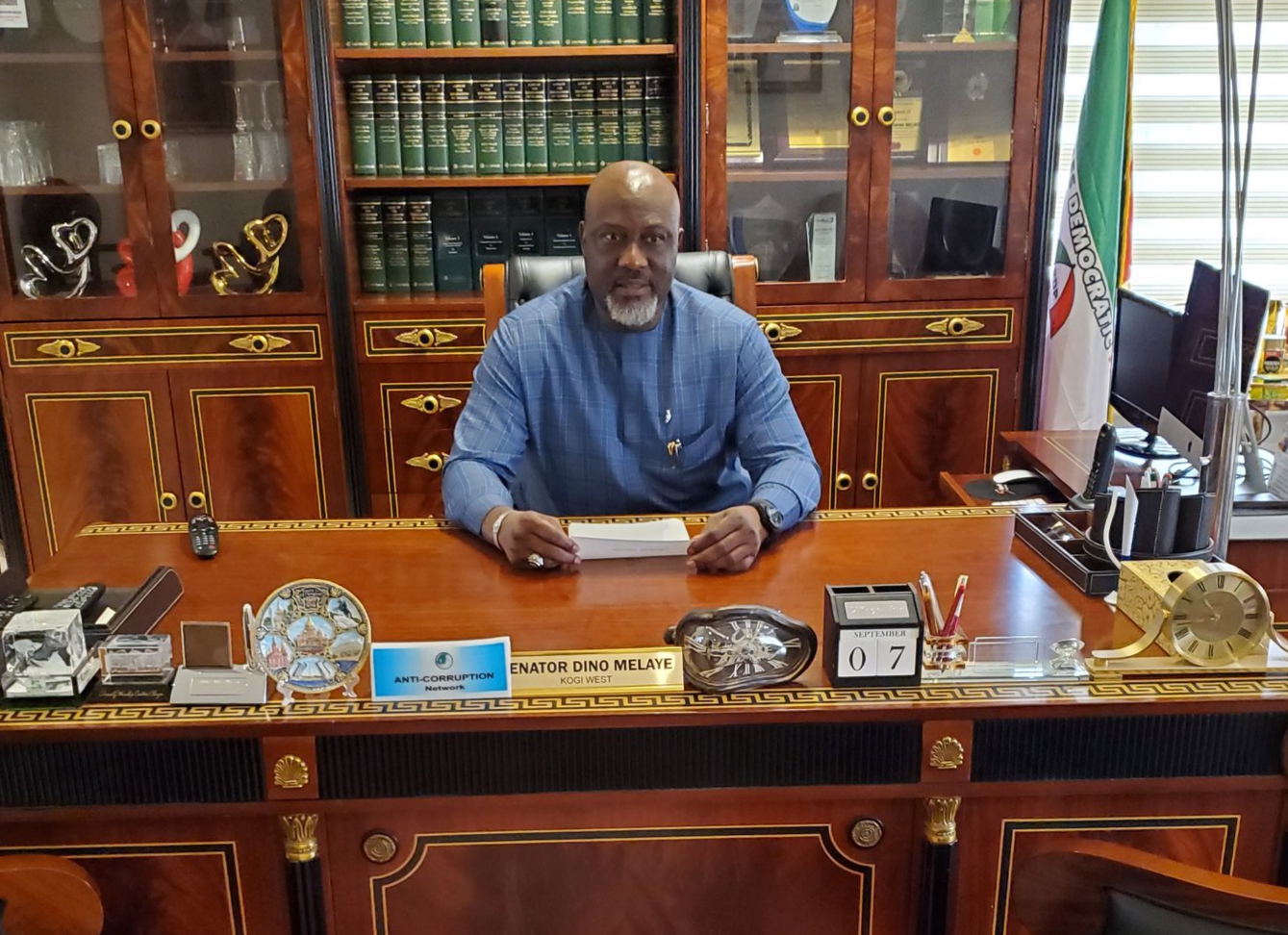First, let’s draw the similarity. President Muhammadu Buhari and the governor of Osun State, Adegboyega Oyetola, are from the same party. But they have different levels of courage and commitment. You might think this comparison is unfair. There’s a chance you’ll agree with me before long.
Yes, Osun is a rural state with a small population. It doesn’t have the same headache as Nigeria. But the state has its own complexities in the composition of its residents and tribes.
Indeed, the divisive and destructive policies of the previous government led by its former governor, Rauf Aregbesola, nearly made it impossible for the All Progressives Congress (APC) to return to power in the state.
For a refresher, in September 2018, the people of Osun State showed bravery by using their ballot papers against the APC.
Advertisement
They voted overwhelmingly for the Peoples Democratic Party (PDP) candidate, Senator Ademola Adeleke, but things changed very quickly as adjudication of cases in election matters shifted to courts.
Still, even though he came to power through a contentious election, Oyetola leaves no one in doubt as to where he’s headed in making necessary reform.
In a rare courage that is not common in politics, especially when you’re handed power by someone from the same party, Oyetola departed from the norm, siding with people instead of politics.
Advertisement
To create value, he started building consensus to deal with the moral deficit bequeathed him by his predecessor. He made up his mind to restore inclusiveness in his state, regardless of who voted for or against him.
His courage to reverse some depressive policy decisions of his predecessor from the same party is one good way to identify with the yearnings of the people.
We can now have a coherent picture of Osun State because of fundamental insight of its new leader.
If you’ve been paying attention to decisions made by the governor of Osun State in recent times, you’ll be asking the same question that I am asking, why is Buhari not courageous enough to implement his party manifesto on federalism?
Advertisement
Of course, Buhari can give us hundreds of reasons why things are slow or not working at all. In fact, his supporters will jump at it before him.
In the past, Buhari and his base have blamed the PDP for everything. They have blamed former Senate President, Dr. Bukola Saraki and the 8th National Assembly.
In fact, Buhari told us that democracy is just too complex for decision making. But Buhari is just a chameleon who does things to suit his own situation. The story of his refusal to let go the service chiefs despite obvious reasons to do so comes to heart.
Right now, as I think about happenings in the country whether on hike in fuel price, protests, pandemic, high food prices, electricity tariff or VAT and other things that combined to make people feel hopeless more and more, I am tempted to think of Buhari as a zombie president.
Advertisement
Exhausted and angry as they face a series of economic woes and healthcare crises, Nigerians once again are questioning what the future holds for them in their own country.
They have gone through this road before under past governments, so you’ll think Buhari will not let it happen to make a distinction between his government and what Nigeria has had.
Advertisement
But staple food like maize, bread, and rice are beyond the means of ordinary Nigerians, one more time.
Tragically, the government headed by Buhari doesn’t thrive on civic engagement.
Advertisement
Last week, when he reached out via his twitter handle with some ramblings, his words didn’t make much sense to his angry followers.
“We are very mindful of the challenge of high food prices, at a time when the economy is already in a slowdown caused by the global coronavirus situation, and are doing everything in our power to bring down the prices of food items across the country,” he tweeted.
Advertisement
In clear words, Nigerians are struggling to find food to eat and Buhari is aware, but he’s blaming that on coronavirus. What will Mr. Buhari take responsibility for?
Interestingly, President Buhari has a good chance of putting Nigeria on the path of fiscal federalism to devolve power to the states but he has ignored it repeatedly.
Curiously, in May 2019, Buhari made a statement on federalism. “It will be belabouring the point to say that true federalism is necessary at this juncture of our political and democratic evolution,” he said.
After that statement, Buhari has carried on with the government the same old way he met it—anti-federalism.
But the party he heads said in its manifesto that it will “initiate action to amend our constitution with a view to devolving powers, duties and responsibilities to states and local governments in order to entrench true federalism and the federal spirit.”
Where is the action?
Let me make this point on subsidy removal and its connection to federalism. I am a pro-subsidy removal. First, I know subsidies on anything don’t get to the very people that need it, in most cases.
Second, removal of subsidies would free up a substantial amount of government revenue, allowing for substantial gains in economic efficiency and implementation of government projects.
For example, in the United States, both state and federal governments use gasoline taxes to fund road construction and repair.
But removing subsidies at a time every country is finding ways with their social policies to solve pandemic problems is not smart. Buhari perhaps acted too late and too soon.
And though I am aware that removing energy subsidies is a precondition for an international loan in the pipeline, it is important to see the other side of removal of fuel subsidies on the domestic economy.
Firstly, the local prices of fuel will increase dramatically with this removal of subsidies. Second, Nigeria has fuel intensive industries and high oil prices would lead to increase in costs of production, and the cost will be shifted to consumers.
But if we are practicing federalism, where states manage their resources and fiscal federalism is in place, the impact will be lesser.
For example, in the U.S, gas prices vary so much from station to station, and neighborhood to neighborhood because each state decides what it charges as gasoline tax and that in addition to other variable costs determine the pump price of oil.
What is the implication of this? It means if I live in a state with a low gasoline tax, I’ll be saving some bucks every time I drive to the gas station. And I can choose between gas station A and B after looking at the displayed price.
And just like gasoline tax, states are bound to implement other social and economic policies that will attract people or keep them out.
Naturally, people will go to a state that offers them a better life. This will increase competition among states to find ways to generate resources rather than have governors waste time and taxpayers’ money to travel to Abuja for allocation every now and then.
There’s something more important. With federalism, the attention of residents is shifted to state governors and they can hold their feet to fire on policies.
In August, when president Buhari approved N13.3 billion for community policing, I saw a paradox. How can you do community policing when local governments are not having their own police and the fate of the state in terms of policing is tied to the federal government?
I am worried that N13.3 billion is a bad investment for community policing where there’s no federalism.
Does Buhari need to do anything extra to get us on the mood for federalism, a legacy that is still within his reach? I’ll say no.
In 2015, when he came to power, Buhari did set up a committee led by the governor of Kaduna State, Mallam Nasir El-Rufai to advise him on the shape of federalism for Nigeria.
The El Rufai-led committee succeeded. It made recommendations on state police, resource control, devolution of power, fiscal federalism and revenue allocation and local government autonomy. But Buhari didn’t act on it.
Mr. President now is the time to act on the advice of your committee.
Side Effects
Obaseki Vs Oshiomhole
Finally, we are in September. In a few days we’ll know whether comrade Adams Oshiomhole will sink or survive. We all know the election in Edo is between him and the governor, Godwin Obaseki because his candidate, Osagie Ize-Iyamu, is not as confrontational as he’s with Obaseki. According to Obaseki, “this election is a contest with Oshiomhole. We have dealt with him at the national level, we will bury him politically in this election; because he has no regard for Benin people, he has no regard for us in Oredo, and we will show him that he is nothing.” Will this come to pass?
COVID-19: AIRPORT ACCESS
I think the Christian song, “Christian seek not yet repose…” will be a good song to sing as a reminder that coronavirus is still much with us for as long as we wait for the vaccine. With resumption of international flights, Nigeria needs to do more regarding observation of all necessary protocols for COVID-19. Airports are sweet spots for the spread of any virus because of the closeness of travelers to one another. When COVID-19 first reached Nigeria, it was at the airport. When Ebola came in 2014, It was at the airport. So let’s watch that space called the airport.
THE COMING OUTRAGE
It has been long since a serious national protest happened in Nigeria. Now, the Trade Union Congress and 79 other civil society organisations and labour unions have said they will hold nationwide protests and strike action to demand for reversal of the increment of the fuel price and electricity tariff. I am skeptical about how this will go and the result it will achieve. Sadly, there are two options for Nigerians on any national issues like this: one is to protest and the other is to vote against the government. But the two options are beyond reach. Peaceful protests in Nigeria hardly work and votes may not count. Depressing!
Views expressed by contributors are strictly personal and not of TheCable.
Add a comment

